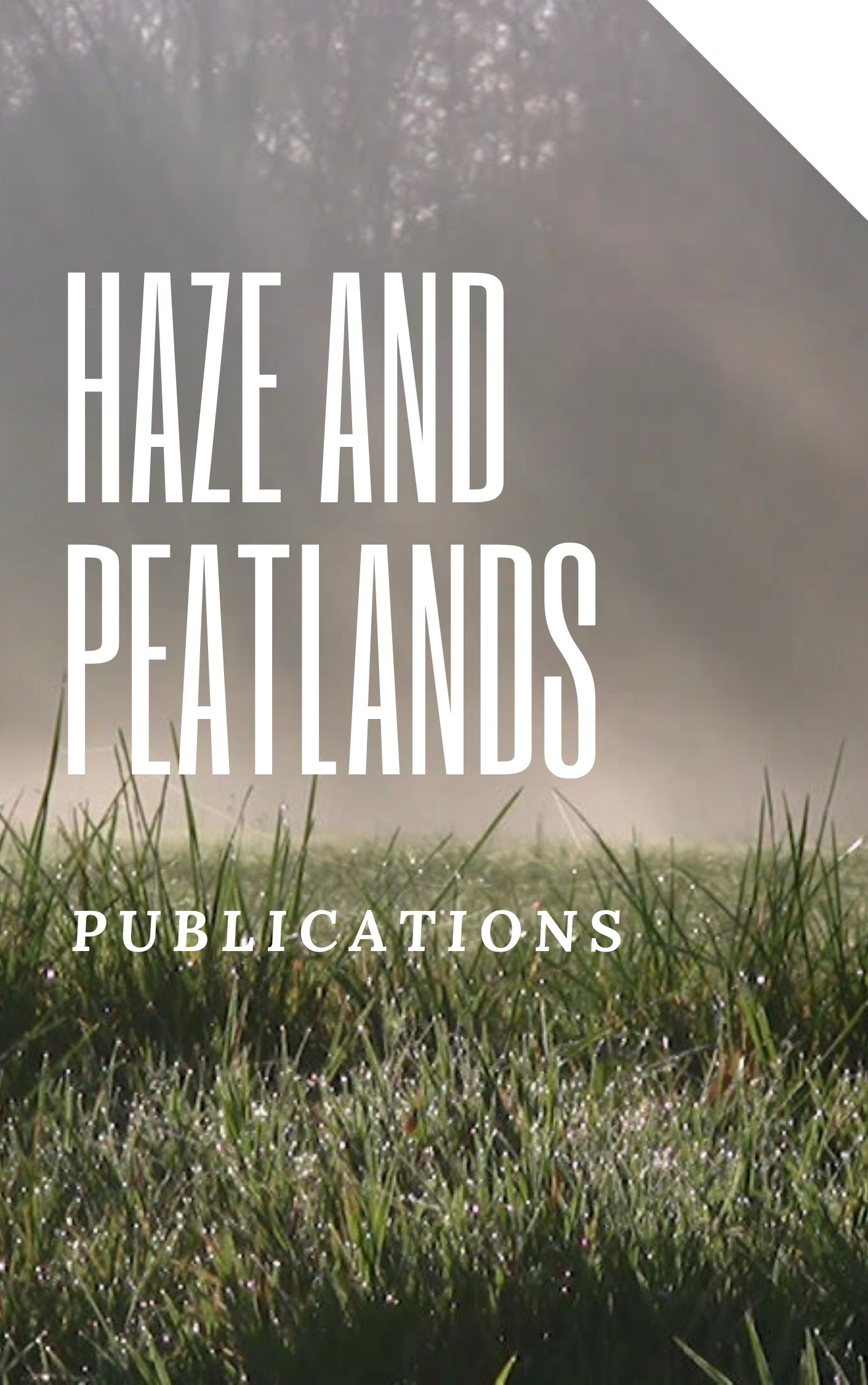In 2019, Malaysia faced a deterioration of air quality due to transboundary haze, which brought negative implications, especially for public health. In light of the above scenario, continuous particulate matter (PM10, PM2.5 and PM1) and meteorological parameters amid the haze period were taken to unravel the influence of haze on particulate matter variations and to investigate the association between particulate matter concentrations with meteorological parameters and fire hotspots in Kota Kinabalu, where it is rarely studied. Particulate matter and the meteorological parameters were monitored during the haze season, continuously from 21 August-30 September 2019, using AirMate, a ground-based air monitoring equipment. Air mass backward trajectories were simulated using the HYSPLIT Model, and fire hotspot data was obtained from the Greenpeace Global Fire Dashboard. The results showed increasing particulate matter concentrations during the haze period, with PM2.5 exceeding the New Ambient Air Quality Standards (2020) on multiple days. For meteorological parameters, all parameters showed a significant weak positive relationship with respective particulate matter. However, the correlation between particulate matter and fire hotspots in Indonesia showed a moderate positive relationship. The backward trajectories simulated indicated the influence of south-westerly winds in transporting the pollutants from fire hotspots in the Indonesia region. Thus, we provide beneficial information about the impacted area during the 2019 transboundary haze episode, where the interactions between the particulate matter variations and the parameters studied were unraveled.
View source

